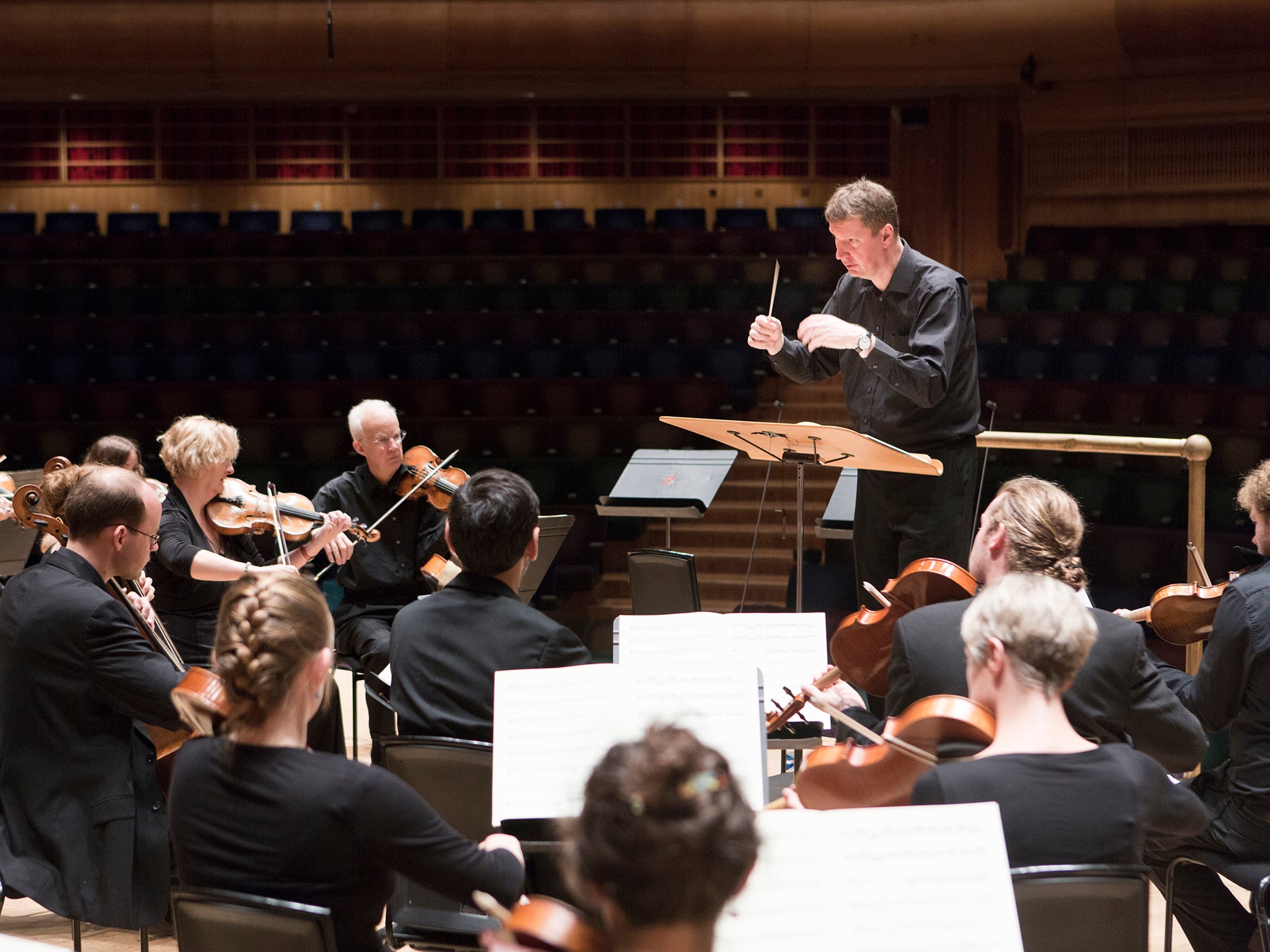Hulett/Alder/Classical Opera/Page, Wigmore Hall, classical review: A secure mastery of form and effect
The Mozart recitatives could almost have been products of his maturity

Your support helps us to tell the story
From reproductive rights to climate change to Big Tech, The Independent is on the ground when the story is developing. Whether it's investigating the financials of Elon Musk's pro-Trump PAC or producing our latest documentary, 'The A Word', which shines a light on the American women fighting for reproductive rights, we know how important it is to parse out the facts from the messaging.
At such a critical moment in US history, we need reporters on the ground. Your donation allows us to keep sending journalists to speak to both sides of the story.
The Independent is trusted by Americans across the entire political spectrum. And unlike many other quality news outlets, we choose not to lock Americans out of our reporting and analysis with paywalls. We believe quality journalism should be available to everyone, paid for by those who can afford it.
Your support makes all the difference.Ian Page and his Classical Opera Company are now embarked on an arresting project entitled Mozart 250: an epic journey reflecting 27 years of Mozart’s creativity. This concert consisted of music composed in 1766, when the ten-year-old composer was being rushed round Europe to give concerts with his sister Nannerl.
Page’s selection of works was designed to reflect not only Mozart’s precocious music but what he would have heard, and possibly been influenced by: thus we might distinguish between what was typical of the time, and what was unique to his burgeoning genius. Two singers were on hand for the arias: soprano Louise Alder, and tenor Benjamin Hulett.
If one of the Mozart symphonies felt formulaic, the other revealed a secure mastery of form and effect, and the Mozart recitatives could almost have been products of his maturity. Meanwhile it was fascinating to encounter works by two composers of whom most of us hadn’t heard, and who might, if the dice had landed differently, have now been household names – Johann Baptist Vanhal and Franz Ignaz Beck. And while Alder despatched a Vauxhall Gardens song with winning charm, Hulett took us into the empyrean with a soaringly beautiful Haydn ‘Et incarnatus est’.
Join our commenting forum
Join thought-provoking conversations, follow other Independent readers and see their replies
Comments